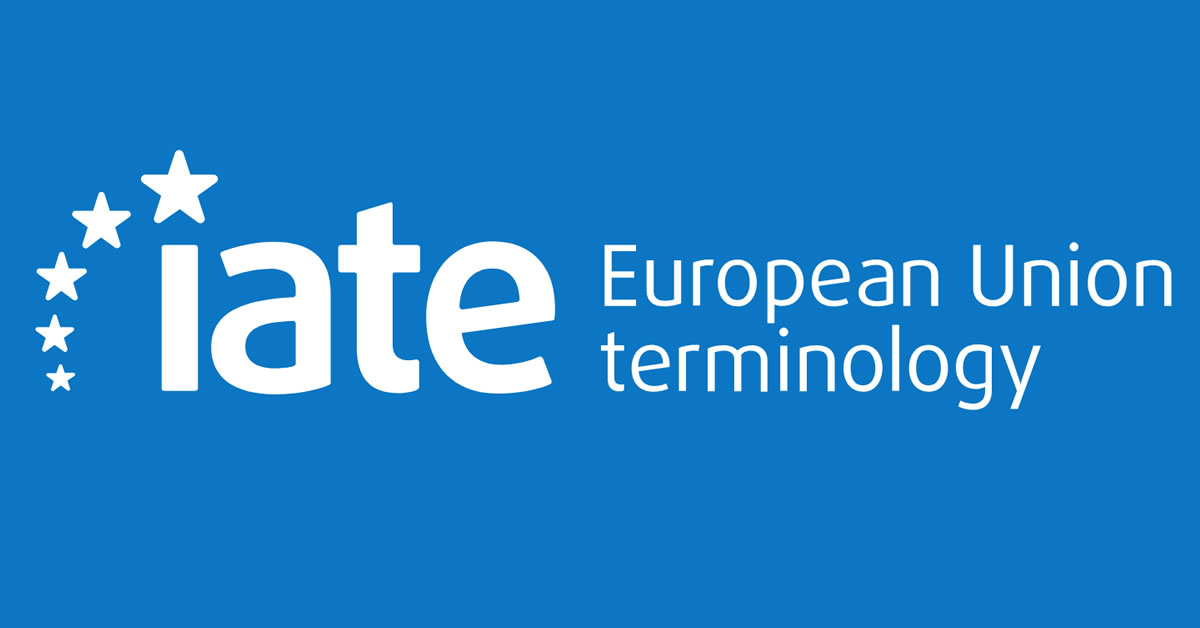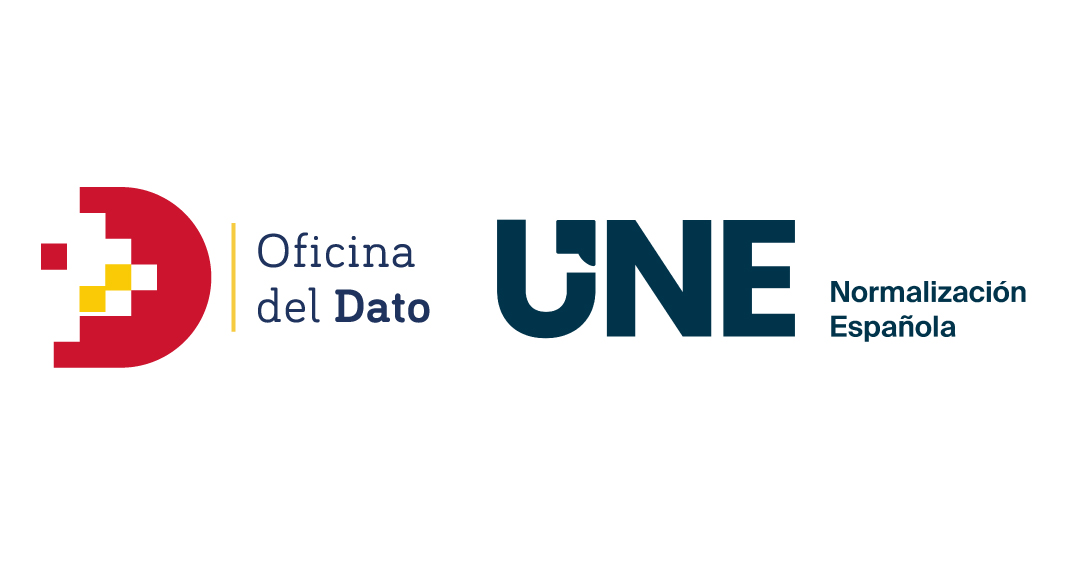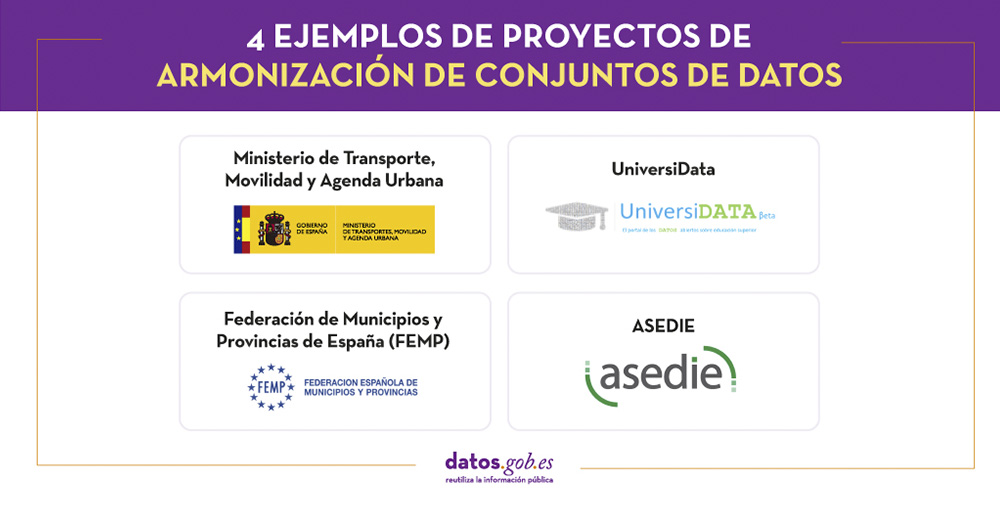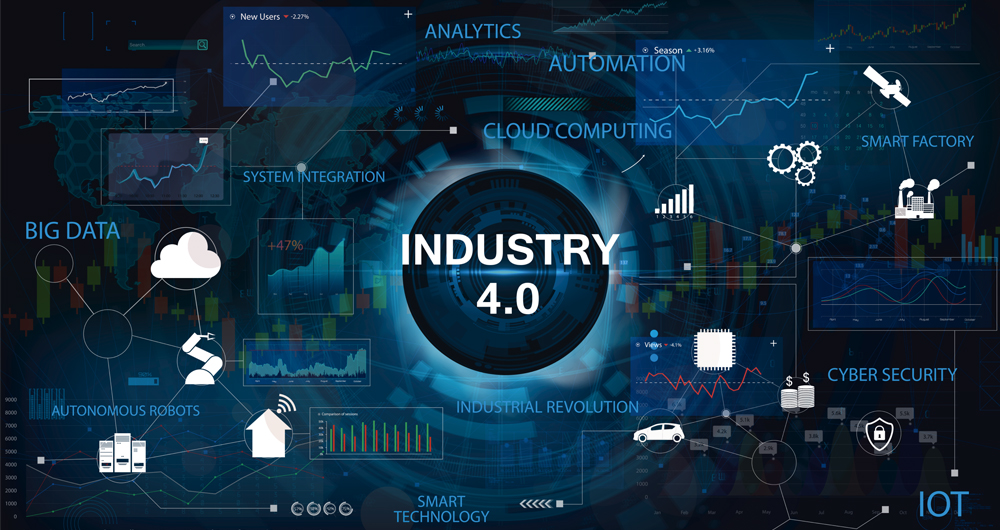14 posts found
The obligation to provide data to public bodies in exceptional situations in the Data Regulations (Data Act)
The recent Regulation (EU) 2023/2854 of the European Parliament and of the Council of 13 December 2023 on harmonised rules for fair access to and use of data (Data Act) introduces important new developments in European legislation to facilitate access to data generated by connected products and rela…
What is the value of open geographic data?
Geographic data allow us to learn about the world around us. From locating optimal travel routes to monitoring natural ecosystems, from urban planning and development to emergency management, geographic data has great potential to drive development and efficiency in multiple economic and social area…
User access to data from connected products and related services in the new European Data Regulation ( Data Act)
The adoption of the Regulation (EU) of the European Parliament and of the Council of 13 December 2023 on harmonised rules for fair access to and use of data (Data Law) is an important step forward in the regulation of the European Union to facilitate data accessibility. This is an initiative already…
Discover IATE: the European Union's inter-institutional terminology bas
IATE, which stands for Interactive Terminology for Europe, is a dynamic database designed to support the multilingual drafting of European Union texts. It aims to provide relevant, reliable and easily accessible data with a distinctive added value compared to other sources of lexical informatio…
Initiatives for training machine learning models with open data
Behind a voice-enabled virtual assistant, a movie recommendation on a streaming platform, or the development of some COVID-19 vaccines, there are machine learning models. This branch of artificial intelligence enables systems to learn and improve their performance.
Machine learning (ML) is one of th…
UNE specifications - Government, management, and data quality
Motivation
According to the European Data Proposal Law, data is a fundamental component of the digital economy and an essential resource for ensuring ecological and digital transitions. In recent years, the volume of data generated by humans and machines has experienced an exponential increase. It i…
The second edition of Asedie's top 3, available in seven autonomous communities
The Multisectorial Association of Information (ASEDIE), which brings together the infomediary companies of our country, once again includes among its annual objectives the promotion of the reuse of public and private information. Thus, and almost in parallel to the beginning of the new year, last De…
10 Popular Data Analytics and Machine Learning Libraries
Programming libraries refer to the sets of code files that have been created to develop software in a simple way . Thanks to them, developers can avoid code duplication and minimize errors with greater agility and lower cost. There are many bookstores, focused on different activities. A few weeks ag…
4 examples of harmonisation of datasets
In any project related to data, it is common to have different sources of information. Data is key for companies and public administrations, in decision making or as a basis for the implementation of projects, services or products. But if these data sources display information in a heterogeneous way…
The re-use of public sector information and industry 4.0
The promotion of digitalisation in industrial activity is one of the main axes for tackling the transformation that the Spain's Digital Agenda 2025 aims to promote. In this respect, several initiatives have already been launched by public institutions, including the Connected Industry 4.0 programme…









